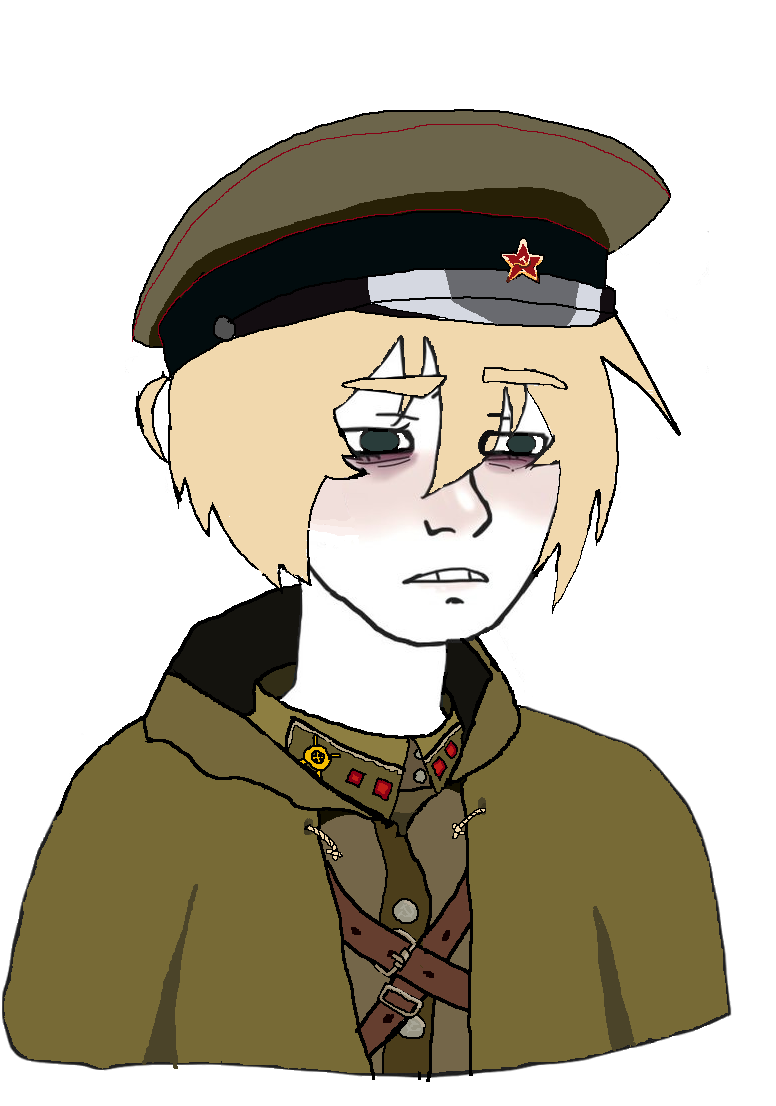The example of what [the All-Russian Blind Union] had accomplished since its foundation in 1923, the promise of emancipation entailed in Soviet official narratives about disability, and the opportunity to create partnerships with other blind activists in the socialist camp had real appeal to them.
Not simply slogans given out by local communist parties or plans orchestrated from Moscow, Sovietization and friendship among the blind of the People’s Republics were a means to advance the cause of their national blind communities. This can be seen in the intense correspondence that socialist blind activists exchanged, as well as in the concrete ways in which they mingled at international events.
In fact, between 1951 and 1956, Polish, Czechoslovak, Hungarian, and East German blind activists launched a series of cross-socialist international initiatives, which included International Sport Competitions of Blind Youth, blind vacationers’ exchange program, “Agreements” of cultural collaboration, and the increasingly more frequent mutual visits of blind activists on study trips.
Through them, East European activists began to create a common space of socialist blind advocacy. When the Russian activists entered it, they not only partook in the circulation of disability knowledge that this space enabled but also enhanced its political meaning as a theater of cultural diplomacy and its potential value for making blind people more visible.
(Emphasis added.)
Wow! This is amazing, thanks for sharing comrade! Contrasting this with your comment on the Reich’s bait-and-switch against blind people is illuminating.
Helen Keller was also a noteworthy blind socialist.


